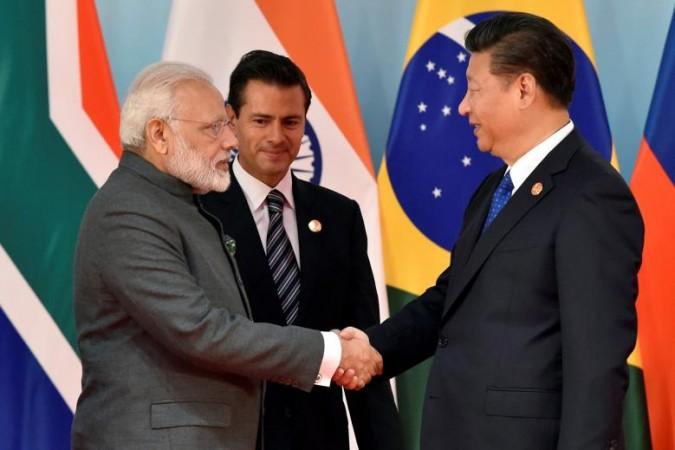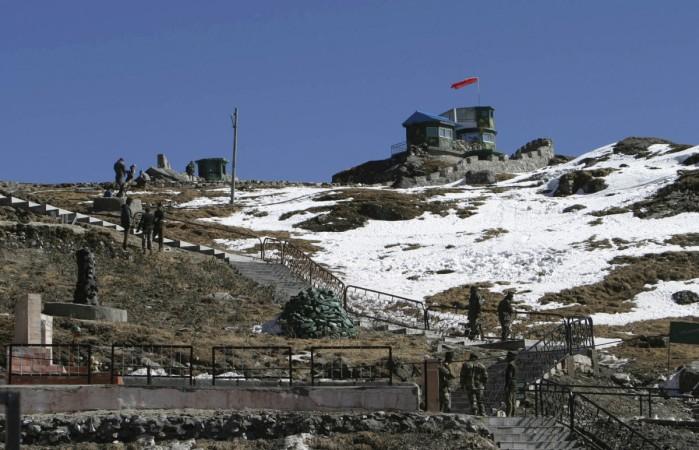Chinese President Xi Jinping and Prime Minister Narendra Modi on Tuesday broke their months-long silence after the controversial Doklam standoff, with the Chinese premier calling for "healthy and stable" ties between the countries.
Modi and Xi held bilateral talks along the sidelines of the BRICS Summit in China's port city of Xiamen — their first such meeting after the standoff between hundreds of troops from both the countries ended last week after a period of 73 days.
During the meeting, Modi opened his remarks by congratulating Xi for the successful execution of the Summit. The Chinese President, on his part, told Modi that Beijing is prepared to work with New Delhi to seek guidance from the five principles of the Panchsheel Treaty signed between 1954.
Xi also told Modi a "healthy, stable" China-India ties are necessary for both the countries, as they are each other's major neighbours, according to Chinese media reports.
"We are also two of the world's largest and emerging countries," Xi was quoted as saying by ANI.
The Chinese delegation present during the meeting consisted of President Xi Jinping, Chief Spokesperson Lu Kang, Foreign Minister Wang Yi and State Counsellor Yang Jiechi.

Modi, while speaking at the inaugural session of the summit, said he seeks a strong BRICS partnership between the countries to spur growth. He also said the bloc of emerging economies has developed a robust framework for cooperation and contributed to stability in a world "drifting towards uncertainty."
Although the leaders of the two neighbouring countries had met informally at the G20 Summit in Germany in July, the duo had not held any bilateral talks after June this year. Modi and Xi had met in Astana, the capital of Kazakhstan, during the Shanghai Cooperation Organisation in June amidst a time when the differences between the nation were widening over a variety of issues including the China-Pakistan Economic Corridor.
The tensions between the India and China worsened after Indian soldiers stopped Chinese troops from constructing a road in the uninhabited territory of Doklam, which is claimed by by both Bhutan and China. This resulted in a months-long standoff between the troops of both the nations along India's Sikkim border, where both sides told each other to withdraw from the region.

The standoff finally came to an end last month: The Ministry of External Affairs said the countries had decided to pull back their troops from the border. China, however, stated that it would continue to patrol the Doklam region
The Ministry of External Affairs released a statement saying the two countries have been engaged in intense discussions and an "expeditious disengagement of border personnel has been agreed to and is on-going."














